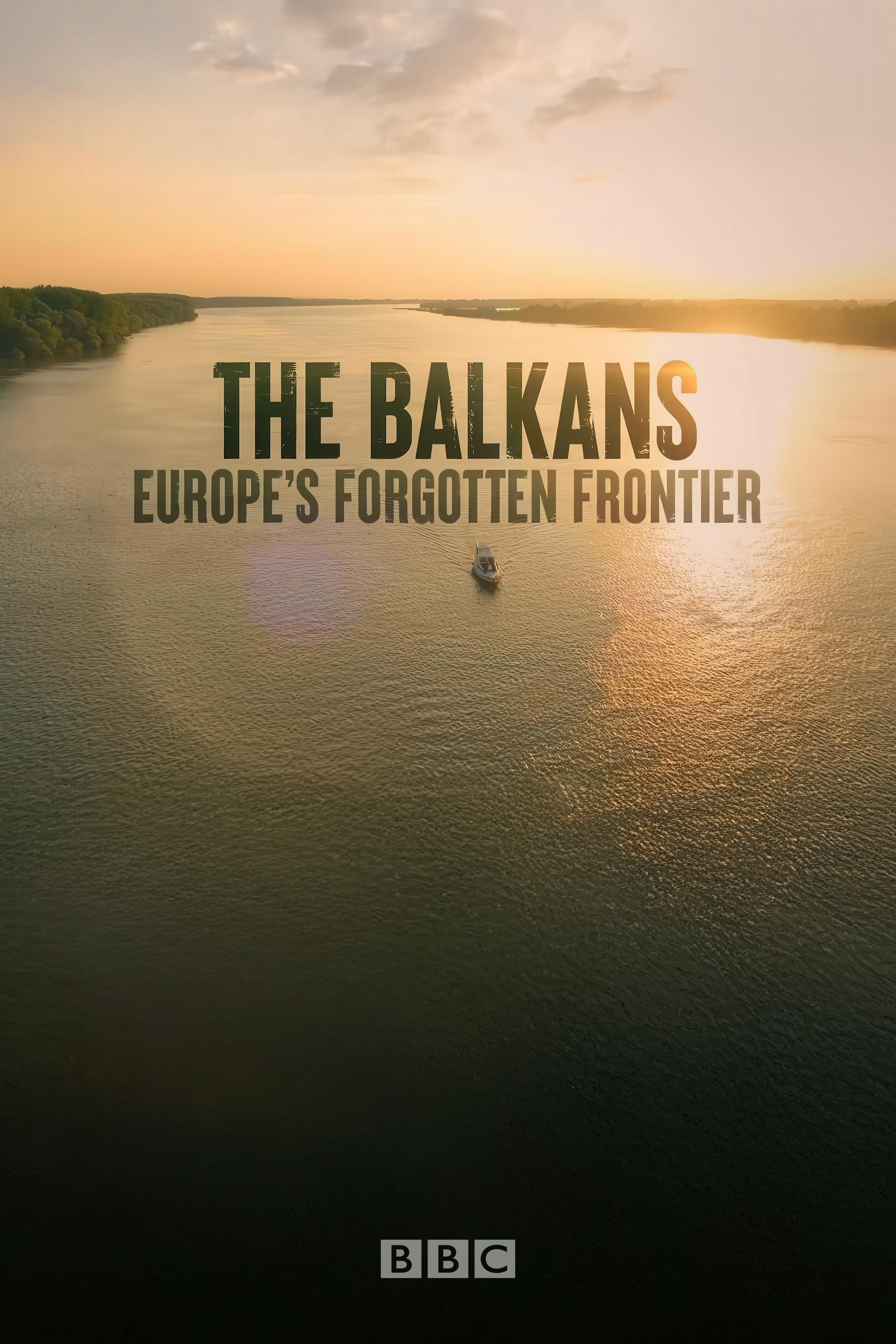
The BBC's Europe editor, Katya Adler, travels across the Balkans.
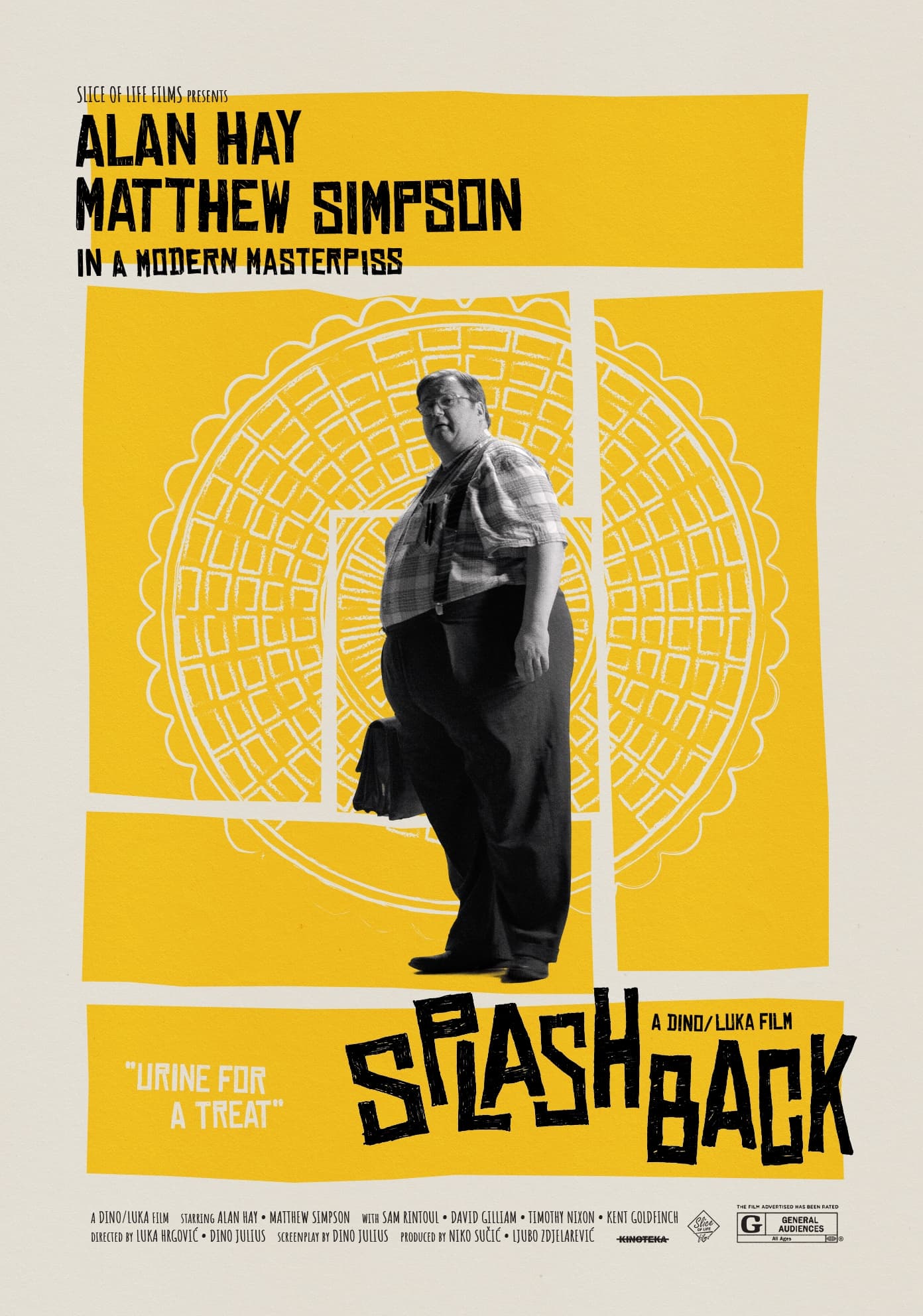
In the midst of one of the most significant moments in human history - the Moon landing - a guy working at a NASA warehouse has his own little passion project: the invention of the first urinal net.

Croatia is calling! The 12th grade of a Berlin high school is going on a graduation trip. Together with the stressed teacher Mrs. Gruber and the over-committed teacher Georg, the trip doesn't start as planned: In the so-called Eco-Hostel the dream of an Insta-worthy beach vacation with endless parties seems to burst before it has even begun. Yet McLarry in particular had high hopes of distraction: he's the only one who didn't pass his A-levels and who can't actually afford the class trip. He is also not yet over his breakup with Bella. But then the ray of hope - his favorite rapper and idol Zeno is also in Croatia! The perfect opportunity for McLarry to present him his own songs. Together with his best buddy Cornelius and Best Friends Bella and Alena, they break away from the class field trip and head to Zeno's villa. With the hopelessly overtaxed chaperone Georg in tow, they embark on the gnarliest adventure of their lives...
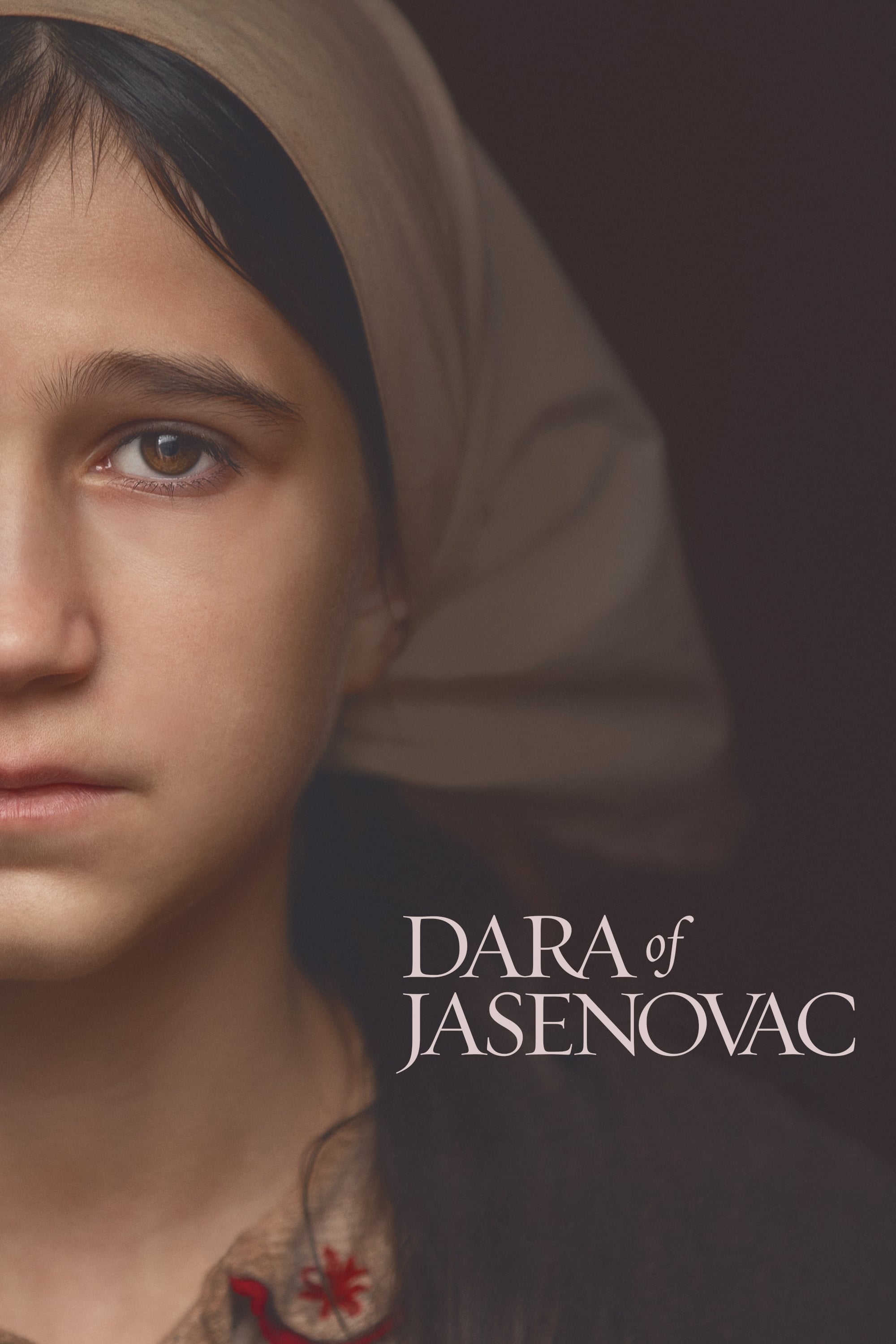
During the Nazi-occupied Ustasha regime "NDH" in former Yugoslavia during WWII, little girl Dara is sent to the concentration camp complex Jasenovac in Croatia also known as "Balkan's Auschwitz".
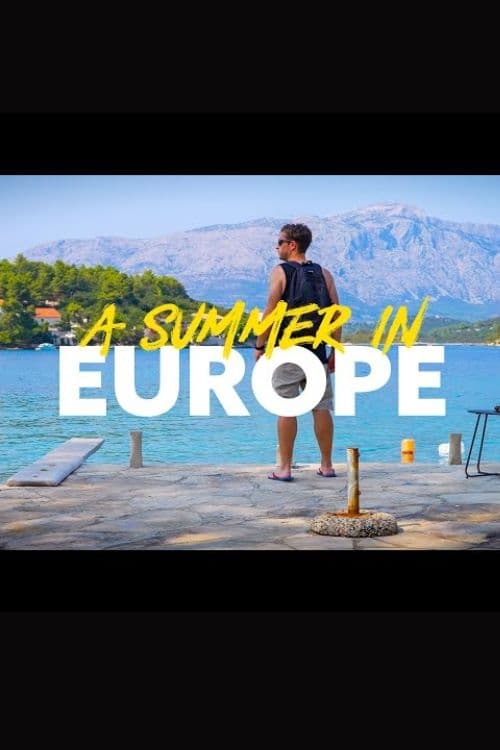
I went on a 5 week trip through Switzerland, Italy & Croatia, my first big trip in over 18 months.

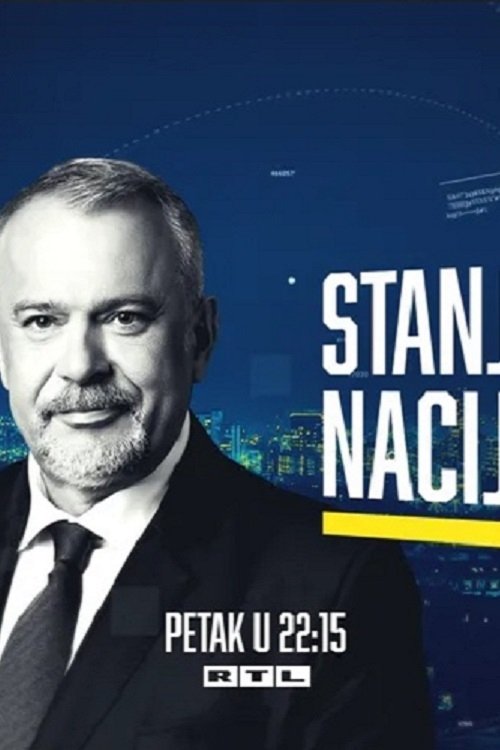
"Stanje Nacije" is a political satire edited and hosted by Zoran Šprajc, and it airs on Fridays at 10:30 pm on "RTL".
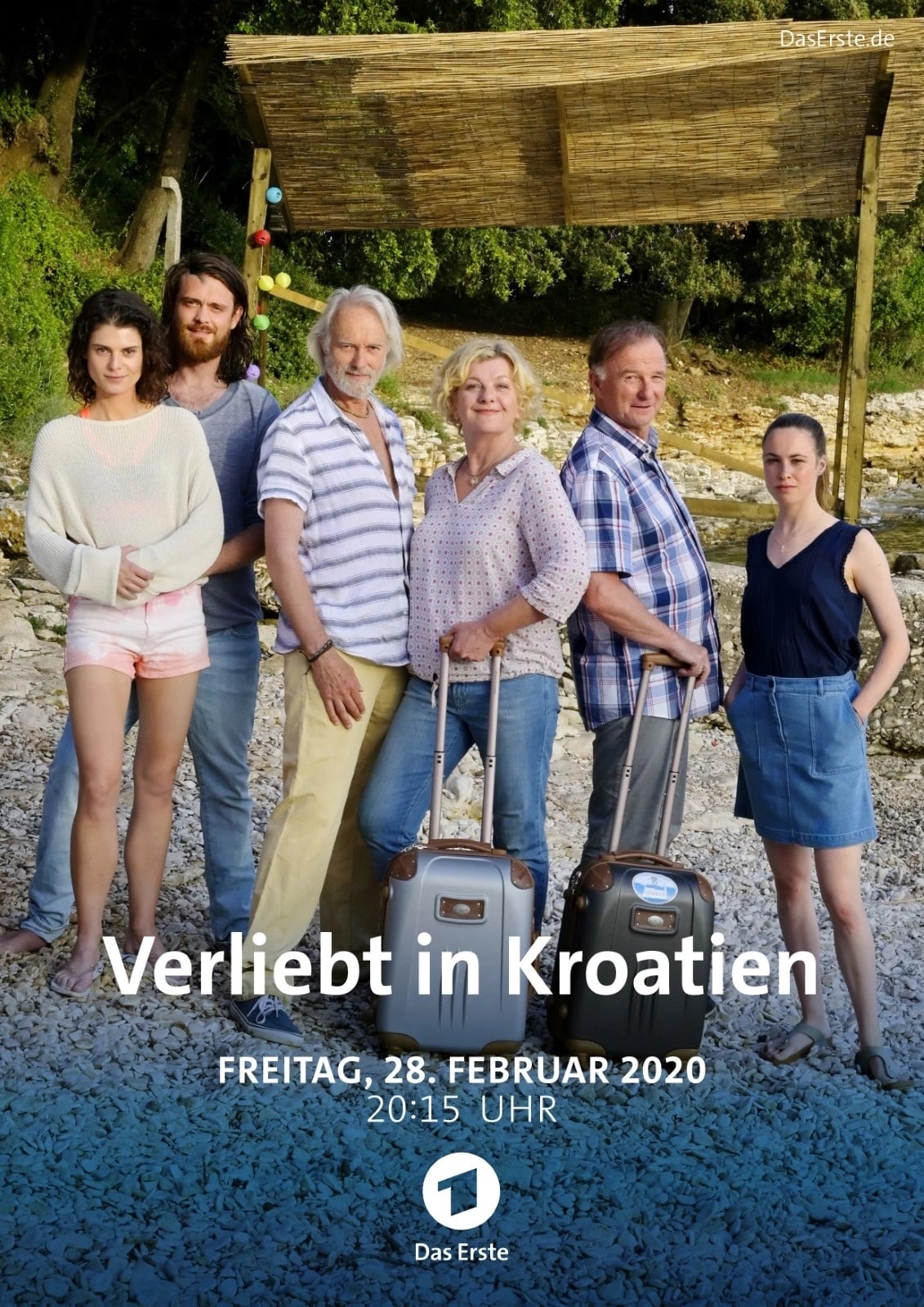
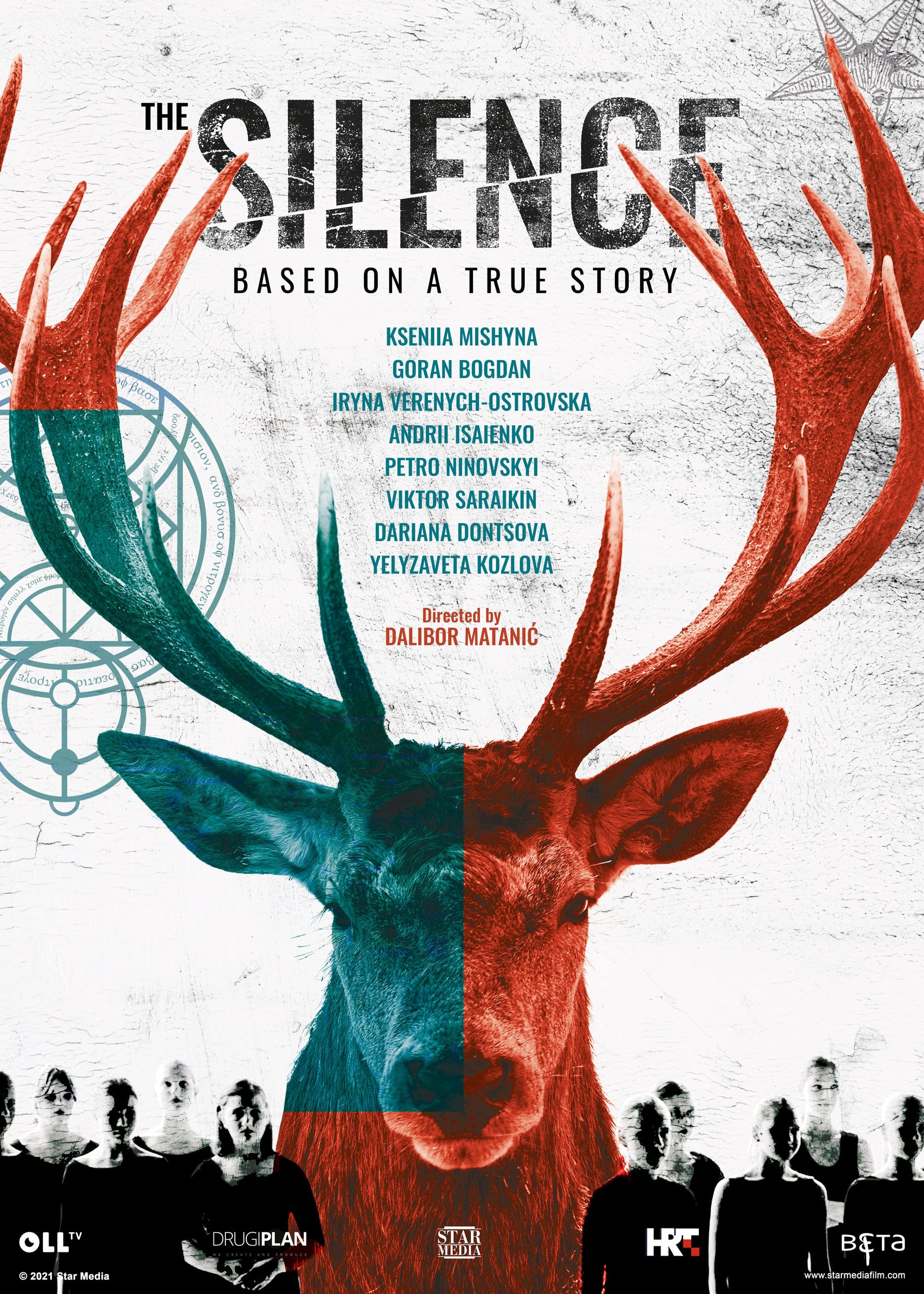
Dramatic events unfold in Croatia and Ukraine. The first girl drowned, the second one died from a drug overdose. The main suspect in these deaths, however, soon turns out to be innocent - and dead too. While detective Vladimir and reporter Stribor struggle to solve these murders in Croatia, the niece of Olga, an Ukrainian philanthropist, goes missing in Kyiv.
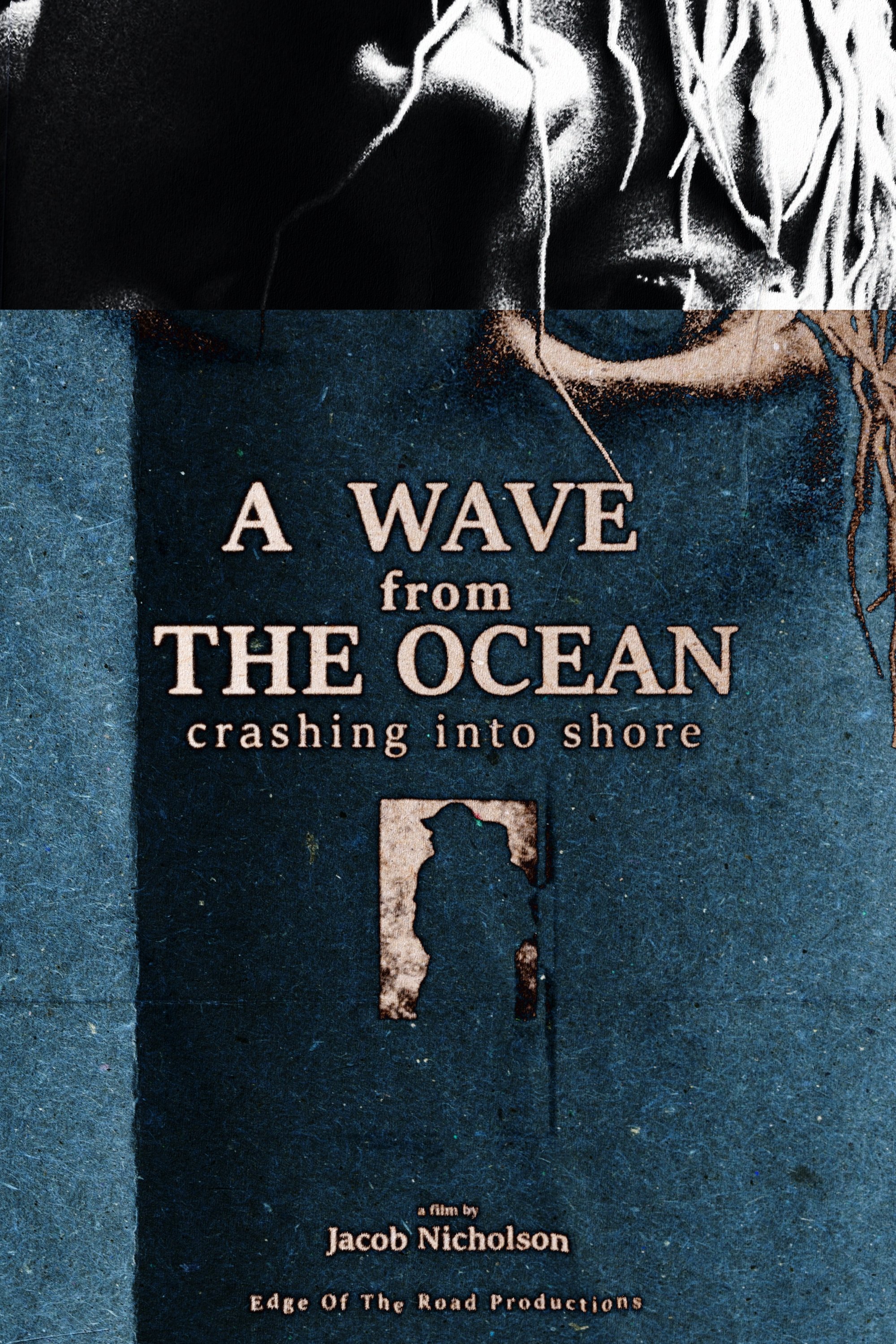
This experimental film explores the relationship between what we perceive as natural and what we perceive as unnatural and how this relationship changes over time due to natural and unnatural decay.
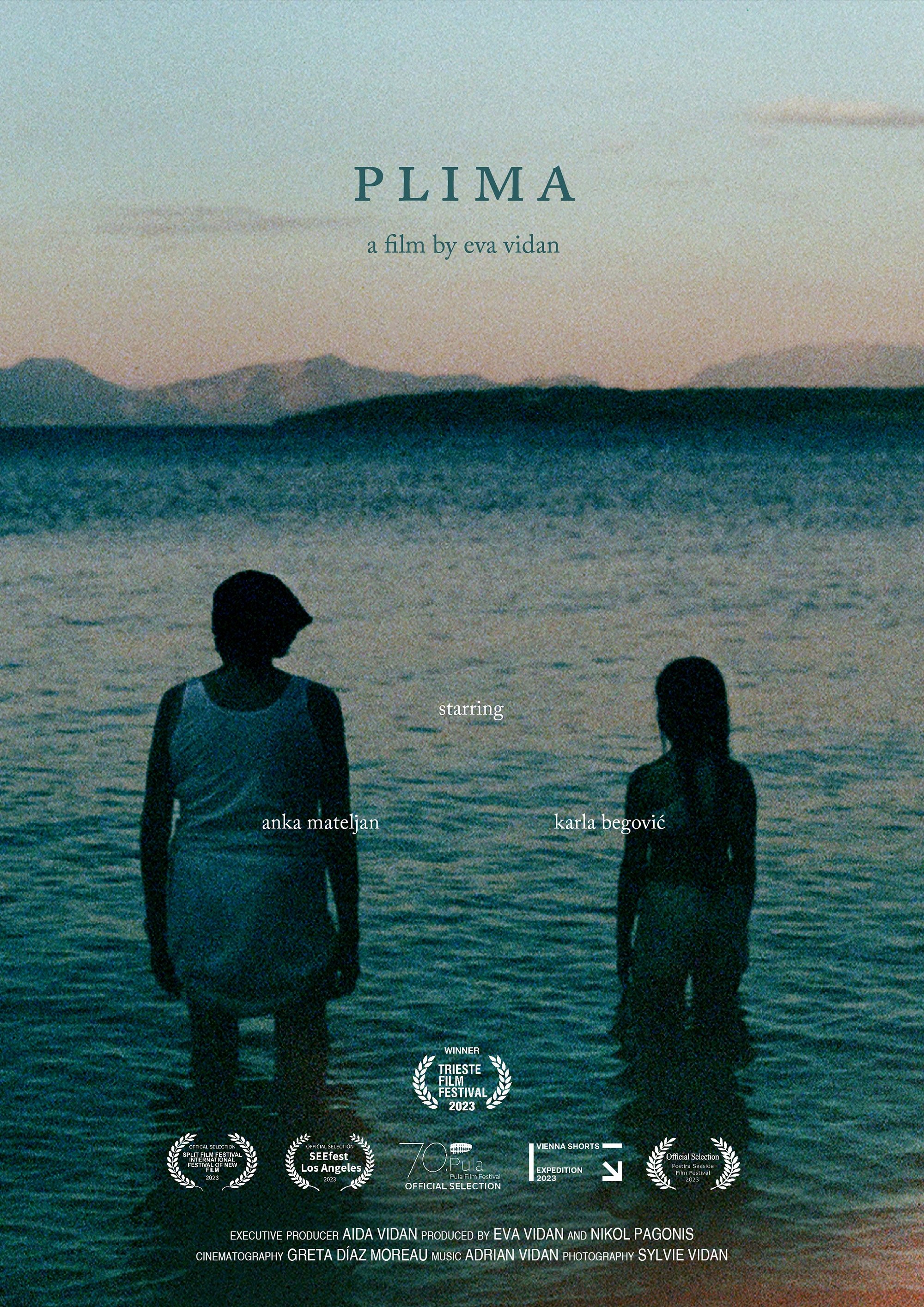
Zora (9) learns of her great grandmother’s mortality when the family’s inheritance and land rights come into question.
Warm, poetic, educational, and emotional story will paint for us the phenomenon of Dražen Petrović, one of the greatest basketball players in the world who, despite his premature death, left an incredible mark on people's lives.
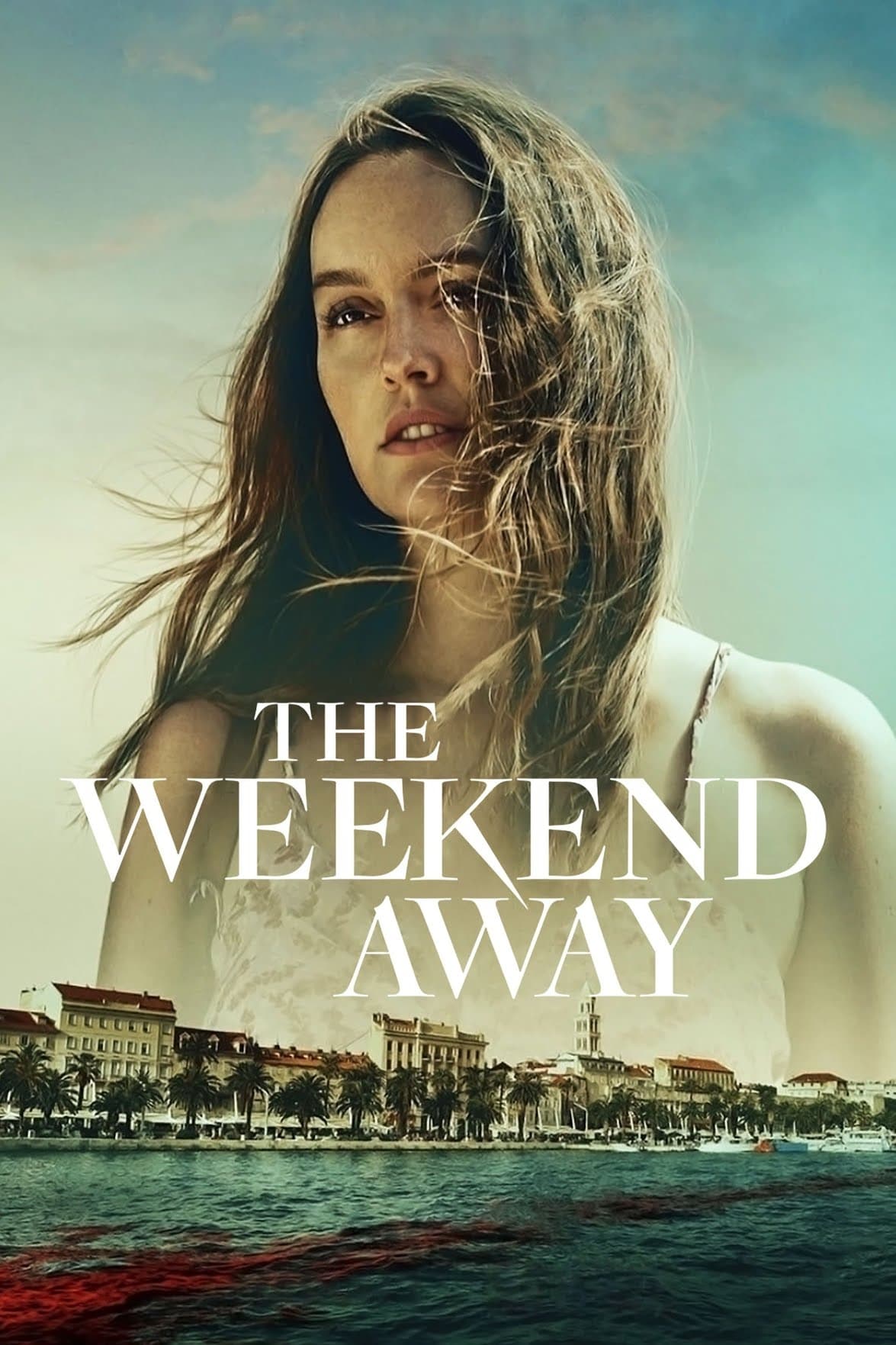
When her best friend vanishes during a girls' trip to Croatia, Beth races to figure out what happened. But each clue yields another unsettling deception.
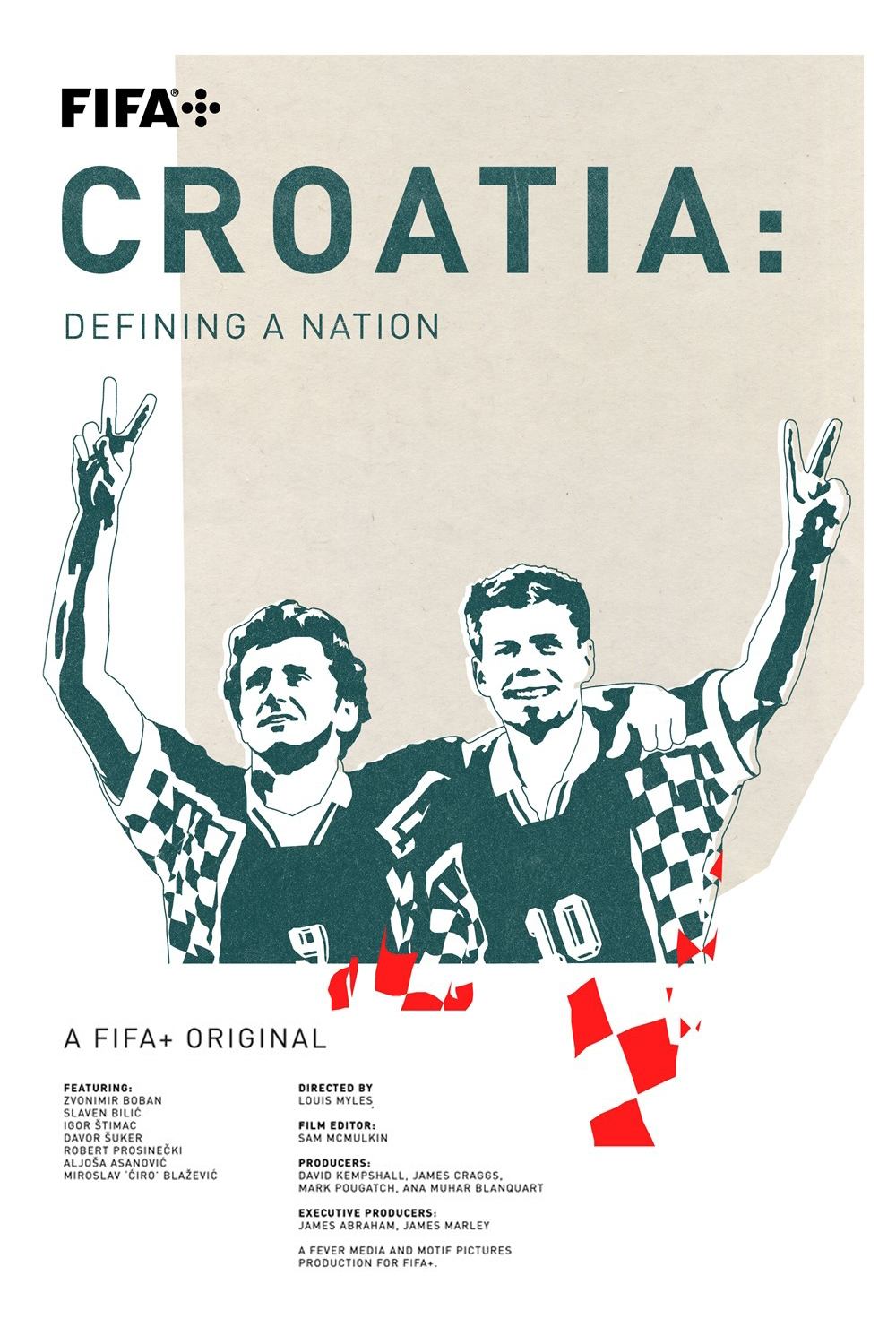
Croatia’s achievement in coming 3rd at the 1998 World Cup in France was staggering. A nation barely established took on and beat the world’s powerhouse nations, coming within a whisker of lifting the trophy. But, this is much more than just a story about a talented football team, it is the tale of a nation emerging from the wreckage of the Balkan war and the disintegration of Yugoslavia to stand proudly as an independent country on football’s grandest stage.
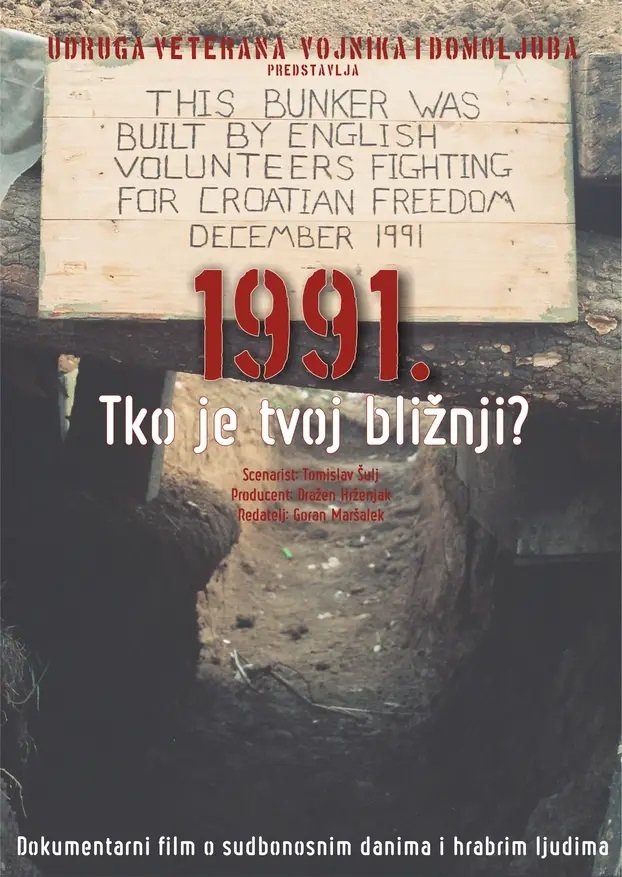
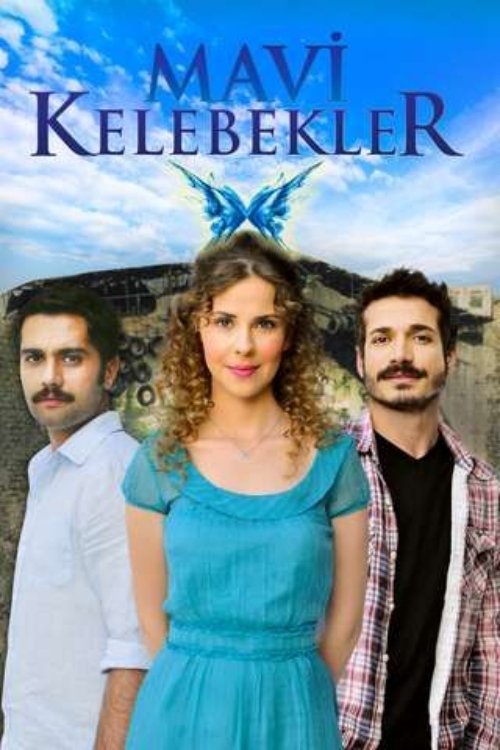
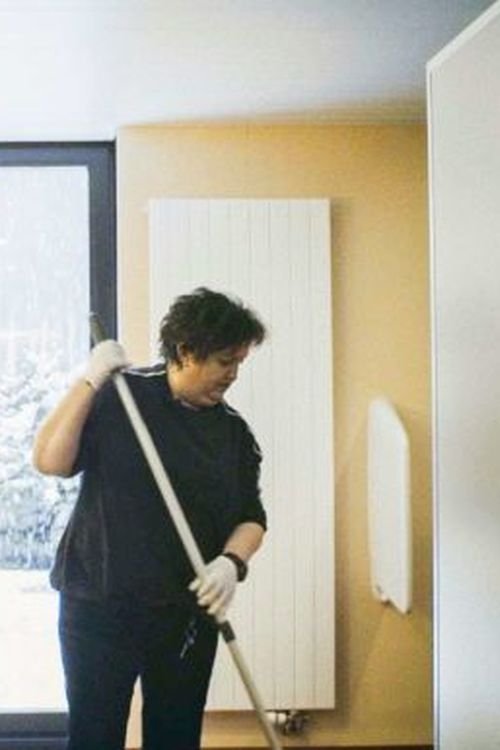
Rosa is from Croatia and lives in Switzerland, with her husband who depends on her care. She takes care of everything. Her children have grown up and want to leave home. Rosa stays behind alone.
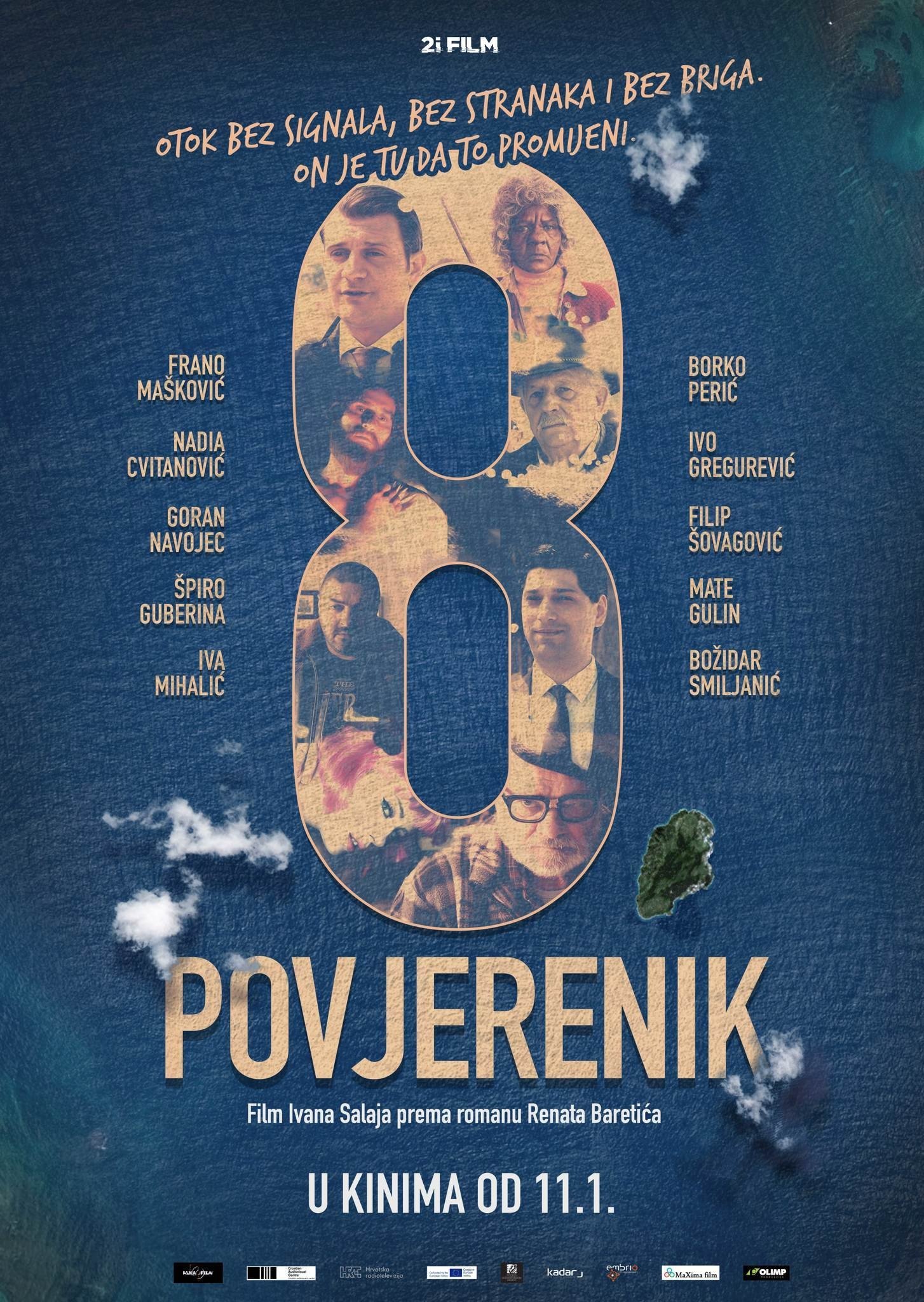
Siniša Mesjak, an arrogant and ambitious politician on the rise, finds himself in the middle of a scandal. To hide him from the public, the president appoints him as the commissioner of Croatian government on the furthest settled island Trečić, where he is tasked with the organization of local elections. The previous seven commissioners haven't succeeded.
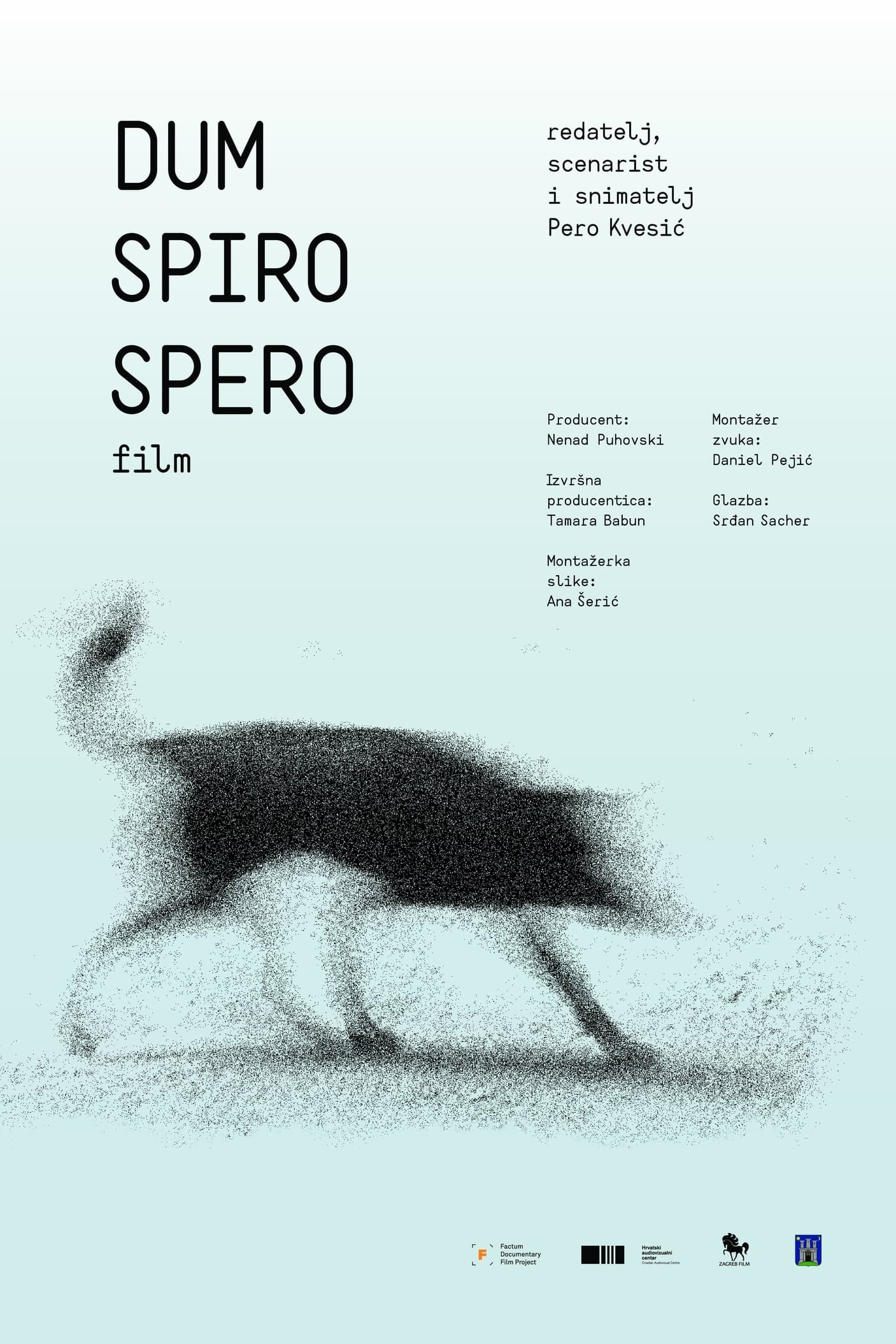
Well-known Croatian author Pero Kvesić, who has been struggling with a severe lung disease, documents his death from his own point of view. Recording his everyday struggle, the picture resembles a peculiar blog filled with self-irony and witty comments about life and death. Although the world around continues to shrink, the hero and the director in one does not cease to fill it with sense.
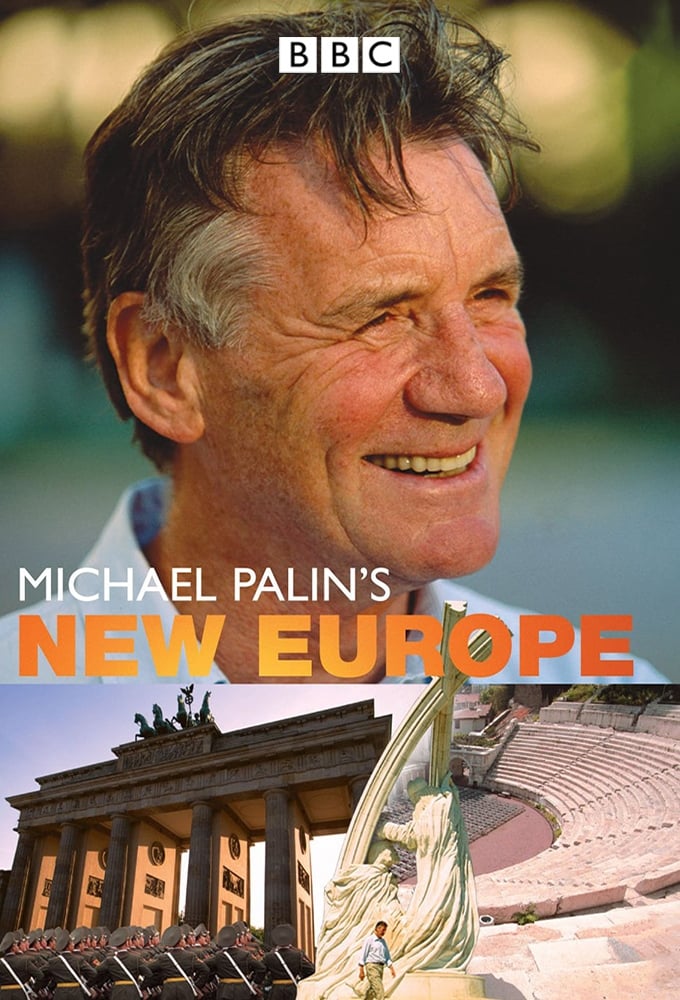
Michael Palin explores European countries that were once behind the Iron Curtain.
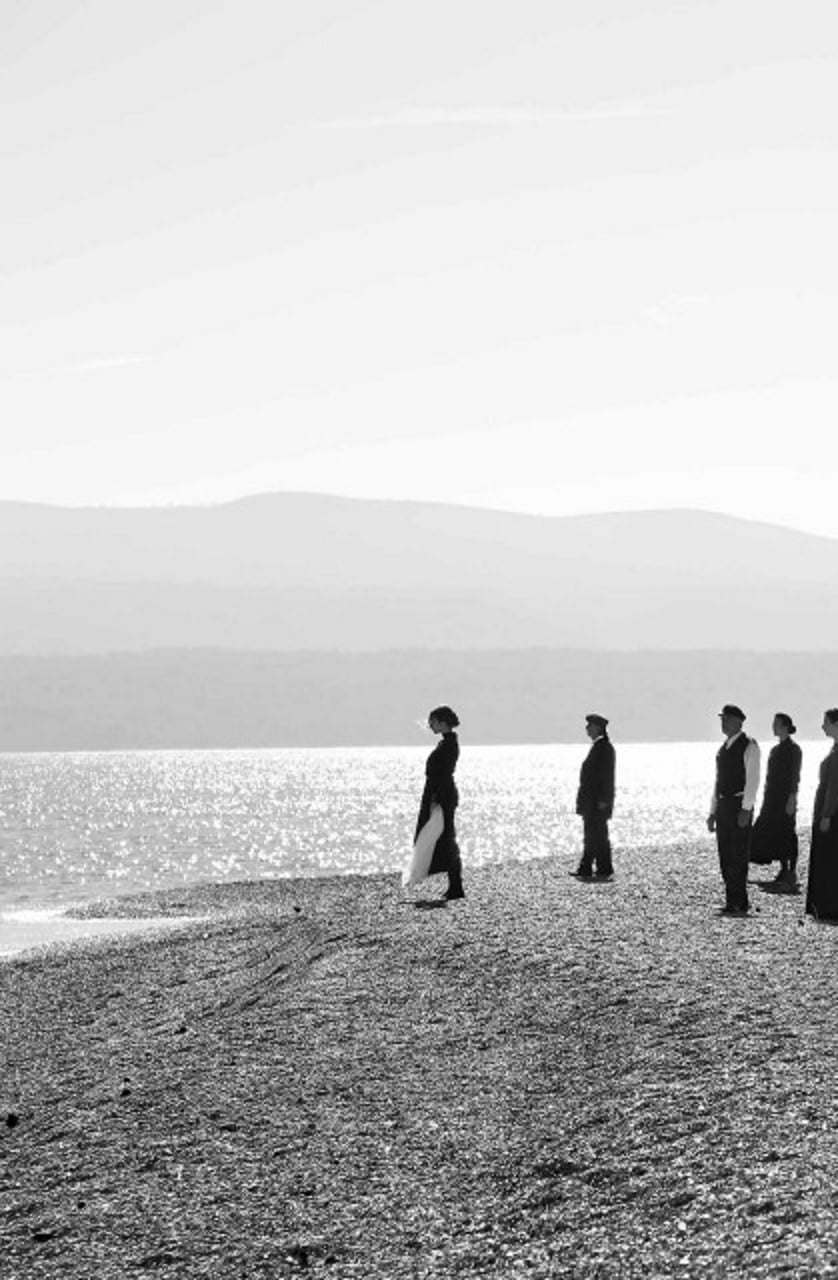
The video installation entitled Partenza (Italian for departure, and used in many of Croatia’s island and coastal dialects) express the global insecurity of contemporary society and the fragility of human existence. Metaphorically, they address a story about departure, waiting and separation, dictated by migrations. In the early 20th century, it was usual yet traumatic for men to leave Croatian islands (mostly bound for the countries of South America) due to poverty and hunger. One of these tragic stories is weaved into the author’s family history. The installation is inspired by the life story of Renata’s great-grandmother who lived on the island of Brač, whose husband went to Chile looking for work in order to secure his family’s future. Like many of the island’s women, she waited for her husband who, like many of the men, never returned.